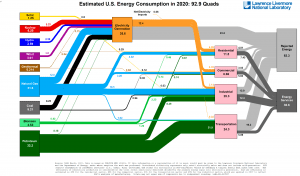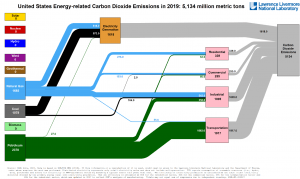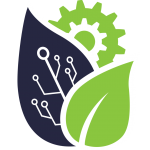Sustainable Power Systems
 S-lab activities highlight the inclusion of students from all academic backgrounds in the movement away from fossil fuels toward diversified renewable energy resources. Our Power Systems Management module provides accessible and experiential learning in the basics of renewable power generation and improving energy efficiency with hands-on workshops utilizing solar panels, battery storage and energy conversion. All S-lab projects apply these themes in their work; finding new and innovative ways to employ current technologies and also discover novel energy generation methods that are key to making this transition a reality.
S-lab activities highlight the inclusion of students from all academic backgrounds in the movement away from fossil fuels toward diversified renewable energy resources. Our Power Systems Management module provides accessible and experiential learning in the basics of renewable power generation and improving energy efficiency with hands-on workshops utilizing solar panels, battery storage and energy conversion. All S-lab projects apply these themes in their work; finding new and innovative ways to employ current technologies and also discover novel energy generation methods that are key to making this transition a reality.
Applications in renewable energy are numerous, however S-lab places special emphasis on learning through service. Through collaborations with the US-Denmark Program, EWB-UCSC, and others, we strive to contribute to the environmental leapfrogging effort in underserved communities around the world. In keeping with the UN Sustainable Development Goals, projects in this area are long term and seek to co-develop alongside communities to better understand not only suppressed demand and technological needs for electrification, for instance, but also work to improve local capacity and in doing so, better our own understanding of sustainable development. The corresponding field module, Field Methods in Sustainable Energy and Water Assessment, facilitates students and communities alike in the mission towards clean water and energy.
S-lab focuses on providing students the resources to work with sustainable power systems in contextual applications, supporting projects in solar (Mycelial Solutions' solar greenhouse), wind, and micro-hydro, as well as any project targeting energy efficiency in the built environment (see LEED Lab). We host both on and off campus facilities and partnerships that serve as living laboratories for learning, prototyping, and testing; facilitating the transition from on-campus project to off-campus impact with quantifiable energy and carbon reductions.

